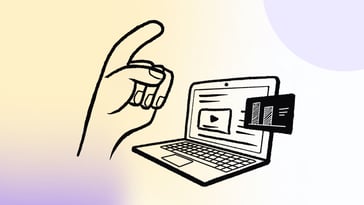In the digital age, protecting personal data is a top priority for individuals and businesses alike. With the increasing volume of data collected and processed daily, people want more control over their information. Enter the Data Subject Access Request (DSAR)— a formal request that allows individuals to ask companies exactly what personal data they hold, how it's used, and even request its deletion.
Sounds simple, right? Well, not quite. Managing these requests, especially for large organizations, can quickly become a complex, time-consuming process. That's where a DSAR platform come in. These platforms automate and streamline how businesses handle these requests, ensuring they comply with privacy laws like the General Data Protection Regulation (GDPR) and the California Consumer Privacy Act (CCPA).
This post will guide you through everything you need to know about DSAR platforms, including what they are, how they work, and why your business can’t afford to skip on this essential tool. Let’s get started!

What is a Data Subject Access Request (DSAR)?
A Data Subject Access Request (DSAR) is a formal request made by an individual to an organization asking for access to the personal data that the organization holds about them. These requests are a key part of global data privacy laws, including the GDPR in Europe and the CCPA in the United States.
What information does a DSAR cover?
When someone submits a DSAR, they can request access to a variety of information, including:
- The categories of personal data collected – What specific data points does the company have? This could include things like contact information, browsing history, and purchase details.
- The purposes for which the data is processed – How is the company using the personal data? Are they using it for marketing, analytics, or internal research?
- Third parties that data has been shared with – Companies must disclose any partners or service providers with whom they’ve shared the individual’s data.
- Requests for data correction or deletion – Under some laws, individuals have the right to ask for their personal data to be corrected or deleted altogether.
Legal implications for non-compliance
Failing to comply with a DSAR can have serious consequences. Under the GDPR, companies that don't respond to DSARs in a timely manner (usually within one month) can face fines up to 4% of their global annual revenue or €20 million, whichever is higher. The CCPA also imposes penalties for failing to comply, with fines ranging from $2,500 to $7,500 per violation.
Given these high stakes, it’s crucial for businesses to have a robust process in place to handle DSARs effectively. That’s where a DSAR platform comes into play.
What is a DSAR platform?
A DSAR platform is specialized software designed to help organizations handle and respond to Data Subject Access Requests quickly, efficiently, and in full compliance with data privacy regulations.
Without these platforms, companies would have to manually sift through mountains of data stored across various systems—an inefficient and error-prone process.
How does a DSAR platform work?
A DSAR platform automates many of the tasks associated with handling these requests, from verifying the identity of the requester to locating and organizing relevant personal data.
Here's a closer look at the key processes a DSAR platform typically handles:
1. Request reception
The platform first acts as a central point of contact for all incoming DSARs. Whether requests come in via email, web form, or customer portal, the platform collects and organizes them into a single dashboard for easy management.
2. Identity verification
Ensuring the person requesting the data is who they claim to be is essential. Many DSAR platforms integrate with third-party identity verification services or have built-in tools to validate requesters before granting access to any data.
3. Data collection
Once the request is verified, the platform uses data mapping and extraction tools to locate all relevant personal data across multiple systems, such as CRMs, databases, and email servers. This process minimizes human error and saves time compared to manual searches.
4. Data review and approval
After gathering the data, the platform allows internal teams to review the information before releasing it. This step ensures that sensitive information, such as trade secrets or data related to other individuals, is not inadvertently shared.
5. Response Automation
Finally, the platform automates the response process. Once the request is approved, the system can securely send the data back to the requester, ensuring compliance with data privacy laws.
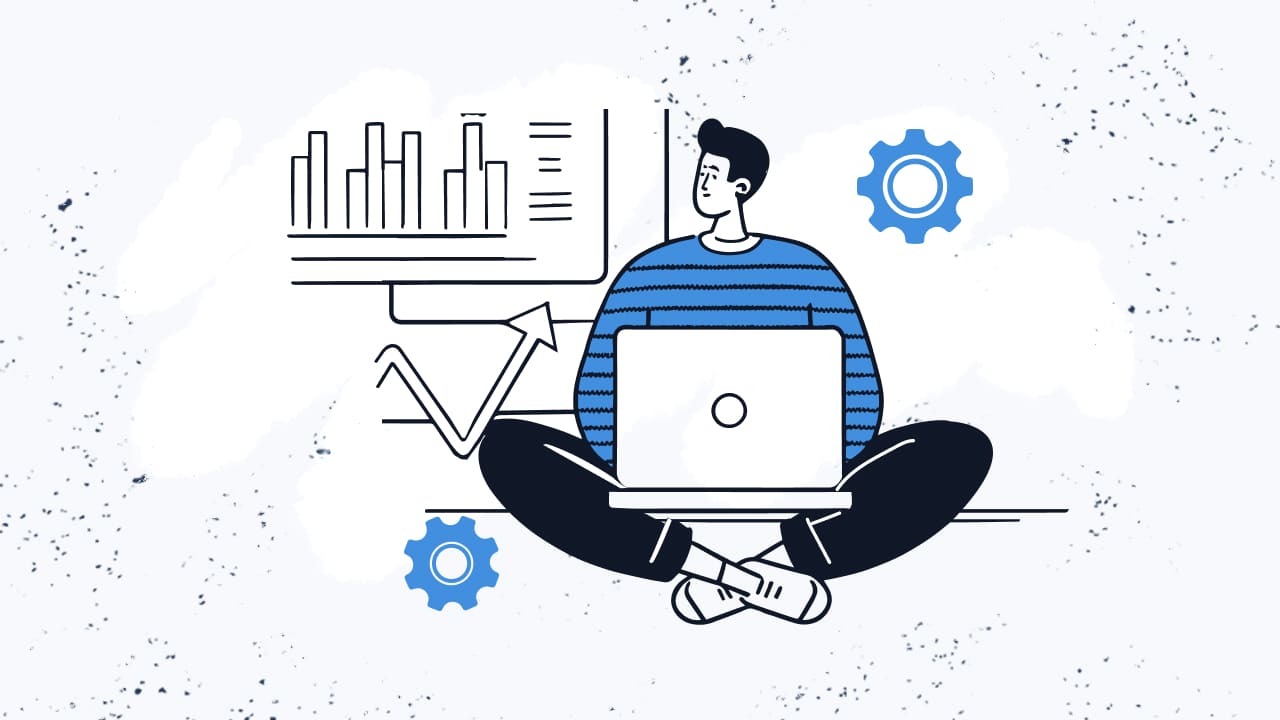
Why do you need a DSAR platform?
Handling DSARs manually is not only time-consuming but also prone to error. As the number of privacy regulations grows worldwide, businesses are under increasing pressure to handle requests efficiently while minimizing the risk of non-compliance. Let’s break down why a DSAR platform is essential for any organization that deals with customer data.
1. Streamlined Request Management
A DSAR platform simplifies the request-handling process by centralizing all DSARs in one place. Instead of requests coming in through various channels and creating chaos, the platform organizes them in a way that’s easy to track and manage. This means you’ll never lose track of a DSAR, miss a deadline, or have to dig through different systems to find relevant information.
With a single dashboard, your team can monitor the status of each request, ensuring no one slips through the cracks. Whether it’s a first-time request from a curious customer or a flood of requests following a data breach, a DSAR platform keeps everything organized and moving smoothly.
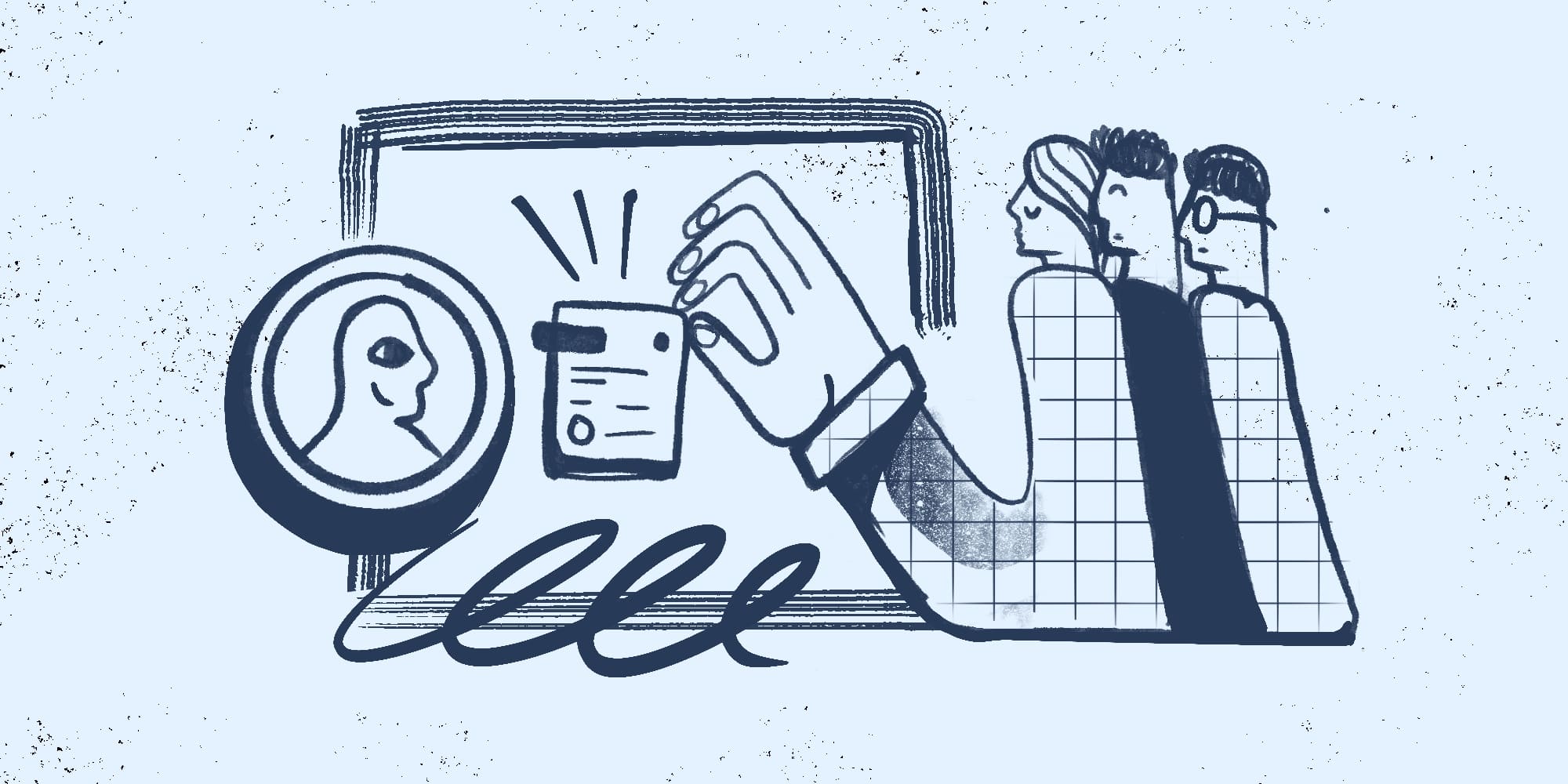
2. Time and resource efficiency
Managing DSARs manually can be a huge drain on company resources. IT teams may spend hours or even days pulling data from various systems, while legal and compliance teams work overtime to ensure everything is accurate and compliant. This is a nightmare for companies dealing with high volumes of data or those operating in highly regulated industries.
A DSAR platform takes over much of the heavy lifting by automating the most labor-intensive tasks, like data extraction and identity verification. As a result, your team can handle more requests in less time, freeing them up for higher-priority tasks.
3. Ensures compliance with data privacy laws
Compliance with privacy regulations is non-negotiable. A DSAR platform helps you meet legal obligations by automating key compliance tasks, such as tracking deadlines and maintaining audit trails. With built-in tools to verify requesters' identities, review data before it’s shared, and log every step of the process, you can prove to regulators that your organization is handling DSARs responsibly.
By automating much of the DSAR process, you minimize the risk of human error, such as missing a deadline or releasing the wrong information. This, in turn, reduces the likelihood of facing fines or other penalties for non-compliance.

4. Enhances customer trust and transparency
In today's privacy-conscious world, customers expect companies to be transparent about how their data is used. Responding to DSARs in a timely and professional manner demonstrates that your company values customer privacy and is committed to protecting their data.
A DSAR platform allows you to respond to requests quickly and accurately, improving customer satisfaction and building trust. When customers know they can easily access and control their data, they’re more likely to feel secure doing business with you.
Common challenges in DSAR management without a platform
While some companies attempt to handle DSARs without a dedicated platform, they often run into a number of challenges that make the process cumbersome and inefficient.
Let's take a closer look at the most common issues organizations face when trying to manage DSARs manually.
1. Data sprawl across multiple systems
One of the biggest challenges businesses face when handling DSARs is data sprawl. Personal data is often spread across multiple systems, such as CRMs, databases, emails, cloud storage, and third-party services. Manually locating this data can be like searching for a needle in a haystack—especially in large organizations with complex IT infrastructures.
Without a DSAR platform, the process of identifying, extracting, and organizing personal data can take days or even weeks. This not only slows down your ability to respond to DSARs but also increases the risk of missing important information or violating regulatory deadlines.
2. High volume of requests
As privacy laws like GDPR and CCPA become more widely enforced, businesses are seeing an increase in the number of DSARs they receive. For some companies, especially those in consumer-facing industries, this can translate to hundreds or even thousands of requests per month.
Handling such a high volume of requests manually is not only time-consuming but also puts significant strain on internal resources. Without a DSAR platform to streamline the process, companies risk falling behind on their obligations and missing crucial deadlines.
3. Compliance risks and legal penalties
When companies fail to comply with DSARs, they open themselves up to legal risks, including fines and penalties. Under GDPR, for example, organizations that don’t respond to DSARs in a timely manner can face fines of up to 4% of their global annual revenue. Similar penalties apply under CCPA and other data privacy laws.
Without a platform to automate the process and track compliance, businesses are more likely to miss deadlines or make mistakes when responding to DSARs. This can result in significant financial losses and damage to the company's reputation.
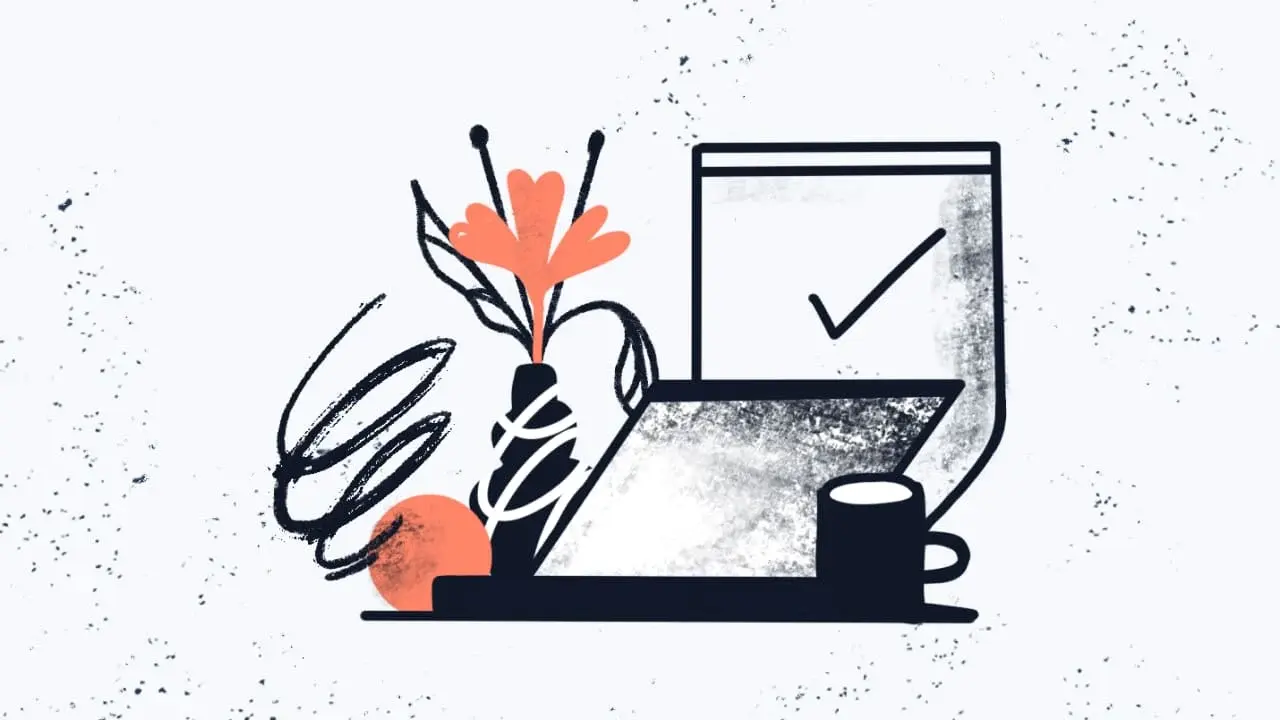
4. Manual processes lead to errors
The manual management of DSARs is prone to human error. Whether it's incorrectly identifying relevant data, missing a deadline, or accidentally sharing sensitive information, these errors can have serious consequences. Not only do they expose the business to legal risks, but they can also damage relationships with customers and erode trust.
A DSAR platform eliminates many of these risks by automating key tasks, such as data collection, identity verification, and compliance tracking. This reduces the likelihood of human error and ensures a smoother, more efficient process overall.
Key features to look for in a DSAR platform
Choosing the right DSAR platform for your organization can make a world of difference in how you handle privacy requests. However, not all platforms are created equal.
To ensure you select a solution that meets your needs, it’s important to look for certain key features. Let’s dive into the must-haves of a high-performing DSAR platform.
1. Centralized Request Management
The platform should provide a centralized dashboard where all DSARs can be managed in one place. This feature ensures that requests are organized, tracked, and monitored throughout their lifecycle, reducing the likelihood of any falling through the cracks.
2. Automated data discovery and extraction
One of the most time-consuming parts of handling DSARs manually is locating and extracting personal data across multiple systems. A robust DSAR platform should have automated data discovery and extraction features that allow it to pull data from various sources quickly and accurately.
Look for a platform that integrates with your organization’s existing data systems—such as CRM tools, email servers, cloud storage, and databases—to ensure it can locate personal data no matter where it’s stored. This not only speeds up the DSAR process but also minimizes the risk of missing crucial information.
3. Identity verification tools
Before releasing any personal data, organizations must verify that the individual requesting the data is who they say they are. The best DSAR platforms include identity verification tools to help you confirm requesters’ identities without manual intervention. This might include multi-factor authentication, integration with third-party verification services, or even government ID checks.
Automating identity verification not only saves time but also ensures that sensitive information isn’t released to the wrong person, helping you stay compliant with data privacy regulations.
4. Workflow automation and notifications
Managing DSARs requires collaboration across different teams—legal, IT, and compliance departments often need to work together to review, approve, and release information. Workflow automation tools within a DSAR platform help streamline this process by assigning tasks to the right people and sending automated notifications to keep everything on track. At InvGate we know how important workflow automation is, specially within the IT Service Management world.
Additionally, the platform should allow you to create customizable workflows tailored to your organization's needs. For example, you might want a specific set of rules for handling DSARs from certain jurisdictions or automated responses for certain types of requests.
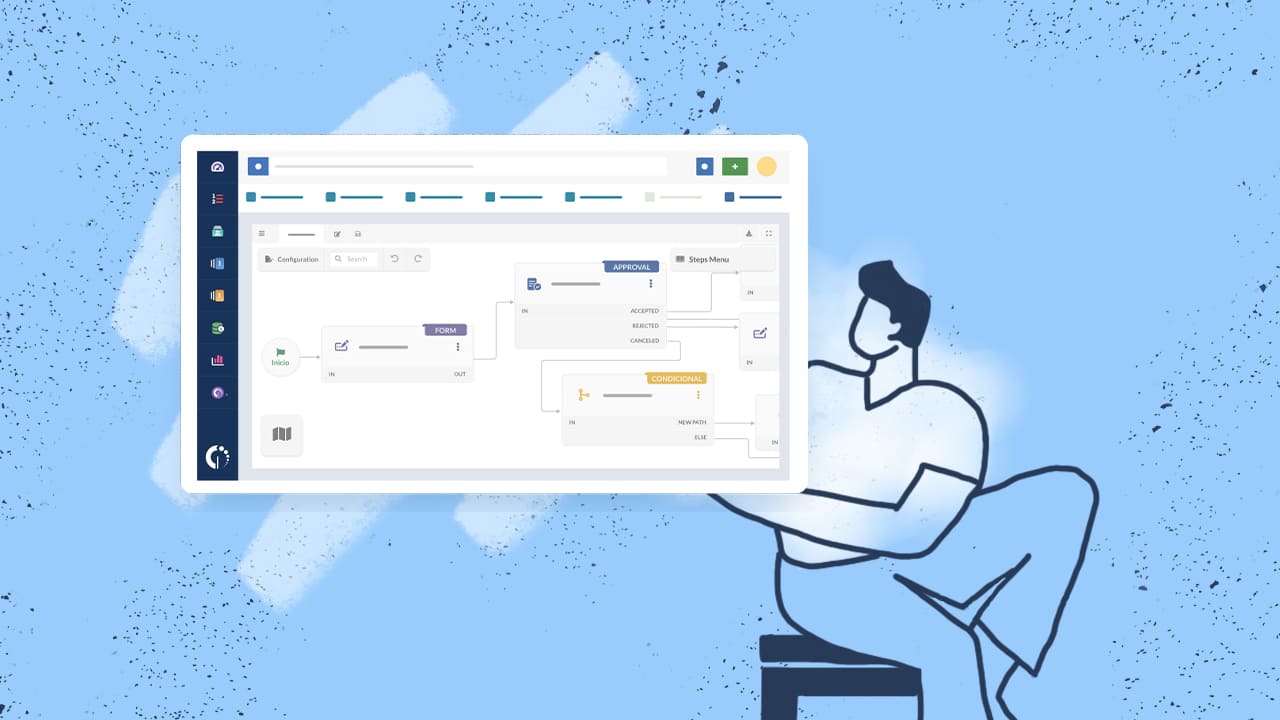
5. Customizable data redaction
When handling DSARs, some data may need to be redacted before it’s shared with the requester. For instance, if the data includes information about other individuals or sensitive corporate data, it must be excluded to avoid privacy violations.
A top-tier DSAR platform will provide customizable data redaction tools that allow you to review data before it’s released and easily remove any sensitive information. This feature helps you maintain compliance while protecting both individual privacy and company interests.
6. Audit logs and compliance tracking
Every DSAR your organization receives should be thoroughly documented. This is where audit logs and compliance tracking come in handy. These tools allow you to keep a detailed record of every step taken to process the request, from the initial receipt of the DSAR to the final release of information.
Not only do audit logs help your organization stay organized, but they also provide proof of compliance in the event of an audit or legal inquiry. Look for a DSAR platform that automatically generates these logs and keeps them accessible for future reference.
7. Data encryption and security features
Given that DSARs involve the handling of sensitive personal data, security is paramount. Your chosen DSAR platform should offer robust security features such as encryption (both in transit and at rest), secure data sharing options, and compliance with international security standards like ISO 27001 or SOC 2.
By ensuring the highest levels of security, you not only comply with data protection laws but also reassure your customers that their data is in safe hands.
Top 5 DSAR Platforms to Consider
Now that we’ve covered the importance and key features of a DSAR platform, let’s look at some of the leading options on the market. Each of these tools offers unique capabilities to help you manage DSARs more efficiently, and they all emphasize privacy compliance, automation, and ease of use.
1. OneTrust
OneTrust is one of the most popular platforms for managing data privacy, offering a comprehensive suite of tools for handling DSARs. With features like automated data discovery, customizable workflows, and integrated identity verification, OneTrust makes it easy to track and respond to requests while staying compliant with regulations like GDPR and CCPA.
The platform also provides built-in audit trails, making it easier to demonstrate compliance during audits.
2. TrustArc
TrustArc is another top contender in the privacy management space, known for its user-friendly interface and powerful automation tools. It allows businesses to streamline their DSAR processes by centralizing request management and automating data collection and redaction.
TrustArc also offers identity verification options and robust audit logging to ensure privacy law compliance. It’s a great choice for companies that prioritize ease of use and seamless integration with existing systems.
3. Ethyca
Ethyca is designed specifically to help businesses comply with modern privacy regulations. Its DSAR capabilities include automated data mapping, simplified consent management, and customizable workflows.
Ethyca’s user-friendly design makes it accessible even for smaller businesses that may be handling DSARs for the first time. It’s particularly well-suited for companies looking for a cost-effective, scalable solution.
4. Securiti
Securiti emphasizes privacy automation and AI-powered tools to streamline DSAR handling. Its features include automated data subject identification, centralized request management, and built-in consent tracking.
Securiti also provides in-depth reporting tools, ensuring businesses have the necessary records to prove compliance. Its robust security measures make it a strong choice for organizations that prioritize data protection.
5. DataGrail
DataGrail focuses on simplifying the data privacy compliance process, offering businesses a streamlined way to manage DSARs. The platform automates data discovery across a wide range of systems, ensuring that no personal information is missed.
DataGrail also includes advanced tracking features, customizable workflows, and integrations with many of the leading business tools. It’s particularly popular with companies seeking a highly adaptable and secure DSAR platform.
Conclusion
In today’s data-driven world, customer trust and compliance with privacy regulations are critical to any business's success. Handling Data Subject Access Requests (DSARs) manually is no longer a viable option for most organizations, especially those dealing with large volumes of personal data. This is where a DSAR platform becomes a game-changer.
With features like automated data discovery, identity verification, workflow automation, and compliance tracking, DSAR platforms save time, reduce human error, and ensure your business stays on the right side of privacy laws. Not only do these platforms help you avoid legal penalties, but they also improve customer trust by demonstrating a commitment to data privacy and transparency.
Whether you’re managing GDPR compliance in Europe or dealing with CCPA requests in California, investing in the right DSAR platform is essential. It’s no longer just about staying compliant—it’s about enhancing operational efficiency and building a stronger, more privacy-focused relationship with your customers.
So, if you haven’t already, it’s time to explore the DSAR platforms that can streamline your privacy management efforts. Your future self—and your customers—will thank you.
Frequently Asked Questions (FAQs)
1. What is a DSAR?
A Data Subject Access Request (DSAR) is a formal request made by an individual asking a company to provide information about the personal data they hold. It’s a right provided under various data privacy laws, including the GDPR and the CCPA, allowing individuals to access, correct, or delete their personal data.
2. Why do businesses need a DSAR platform?
A DSAR platform helps businesses manage and respond to DSARs efficiently and in compliance with privacy regulations. Without one, companies face the risk of missing deadlines, violating privacy laws, and incurring hefty fines. A platform automates data discovery, identity verification, and response workflows, saving time and reducing the chances of errors.
3. How does a DSAR platform ensure compliance?
A DSAR platform ensures compliance by automating the entire DSAR process. It tracks deadlines, provides audit logs of every action taken, and automates data extraction and redaction. This minimizes the risk of human error and ensures that companies can meet their legal obligations under privacy laws like GDPR and CCPA.
4. What happens if a business fails to respond to a DSAR?
Failing to respond to a DSAR can lead to serious legal and financial consequences. Under the GDPR, companies can face fines of up to 4% of their global annual revenue or €20 million, whichever is higher. The CCPA also imposes penalties for non-compliance, which can range from $2,500 to $7,500 per violation. Additionally, failure to respond can damage the business’s reputation and erode customer trust.
Can a DSAR platform be integrated with other business systems?
Yes, many DSAR platforms can integrate with existing business systems like CRMs, databases, and cloud storage services. This integration allows the platform to automatically locate and extract personal data from multiple sources, streamlining the DSAR process and ensuring that all relevant data is included in the response.
5. Is a DSAR platform necessary for small businesses?
While large organizations dealing with high volumes of data may benefit the most from a DSAR platform, small businesses can also find value in automating their DSAR processes. As privacy regulations continue to expand, even small businesses are required to handle DSARs efficiently and in compliance with the law. A DSAR platform can help ensure compliance, avoid legal risks, and enhance customer trust, regardless of company size.















